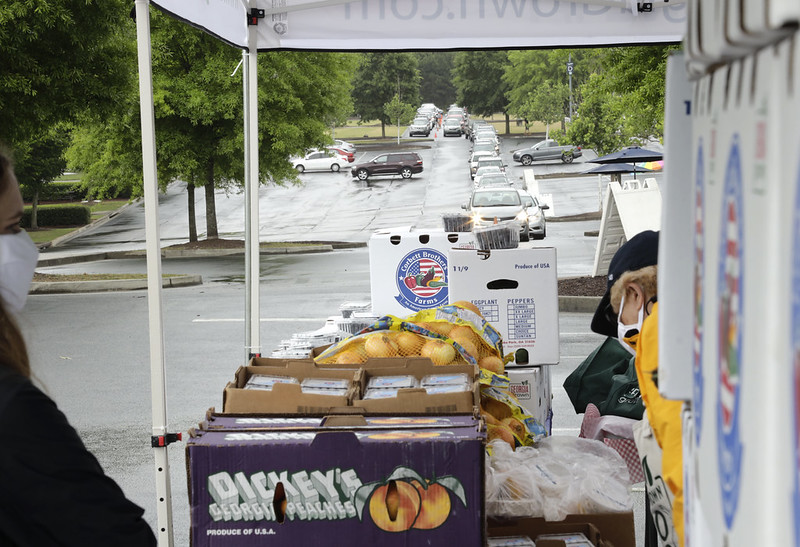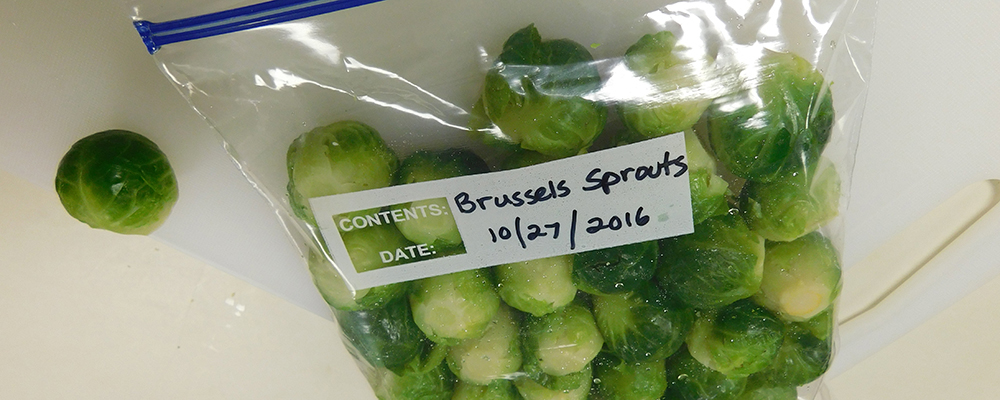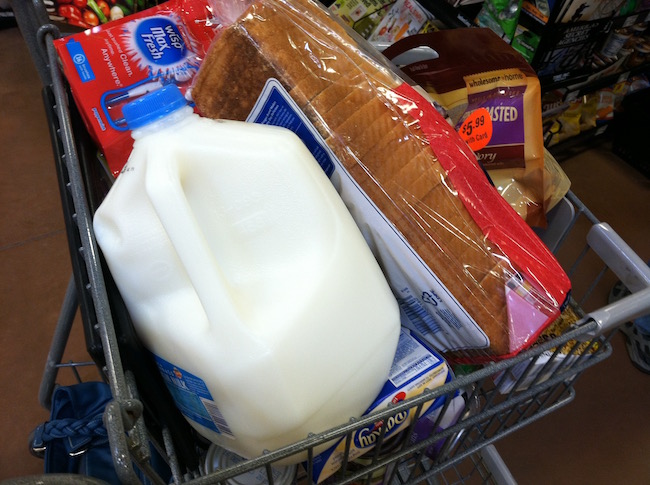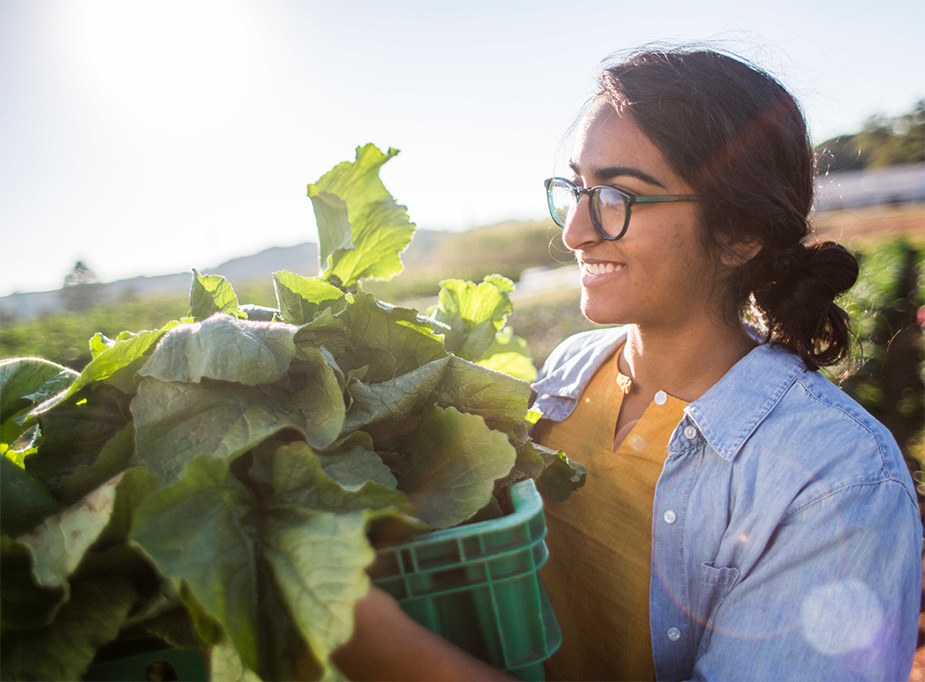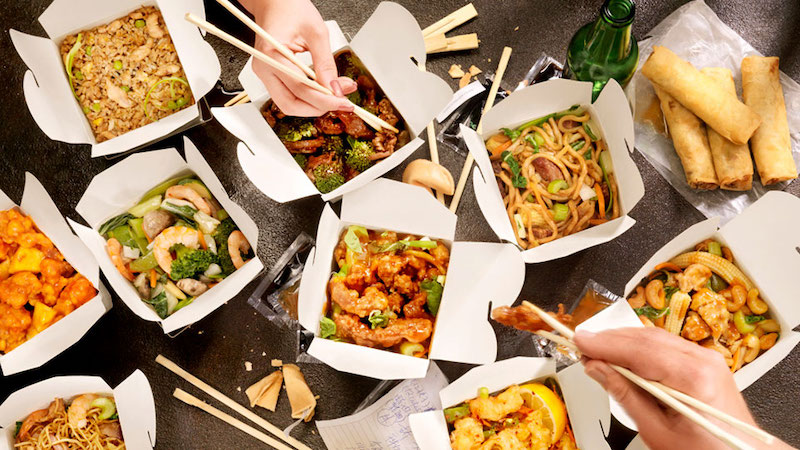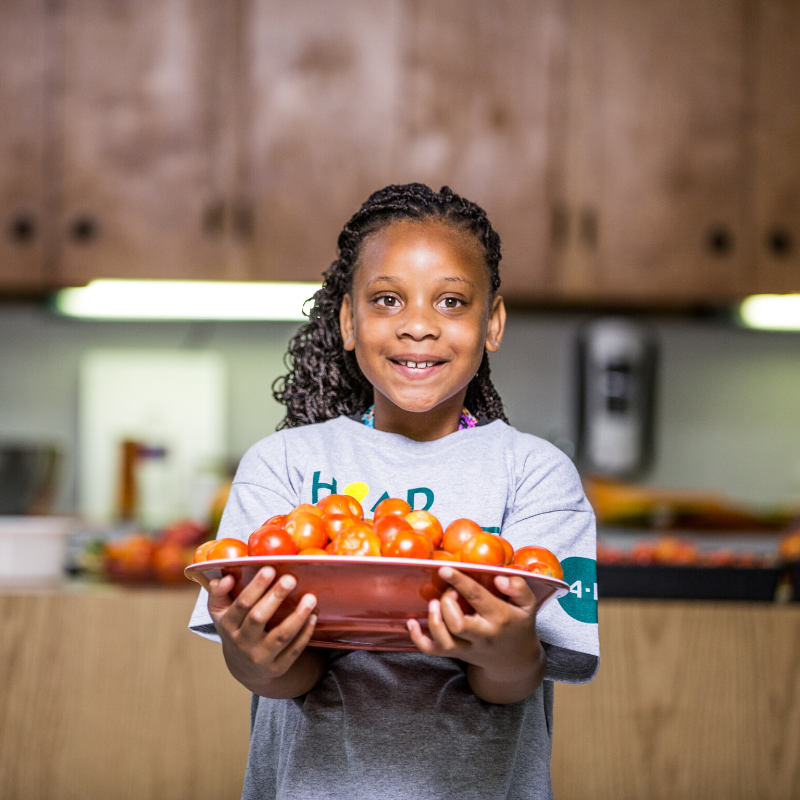 CAES News
CAES News
Healthy Habits at Home
Our nutrition and physical activity behaviors are not just the result of our personal choices. The environment or setting in which we live and family cultures and customs can also influence our choices and behaviors.

